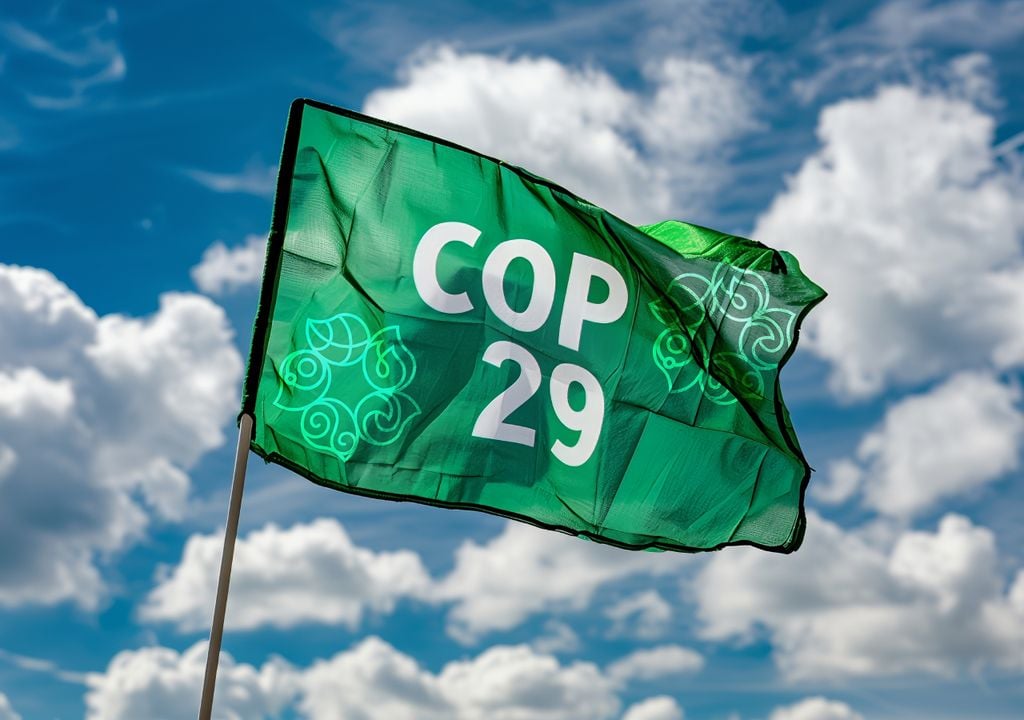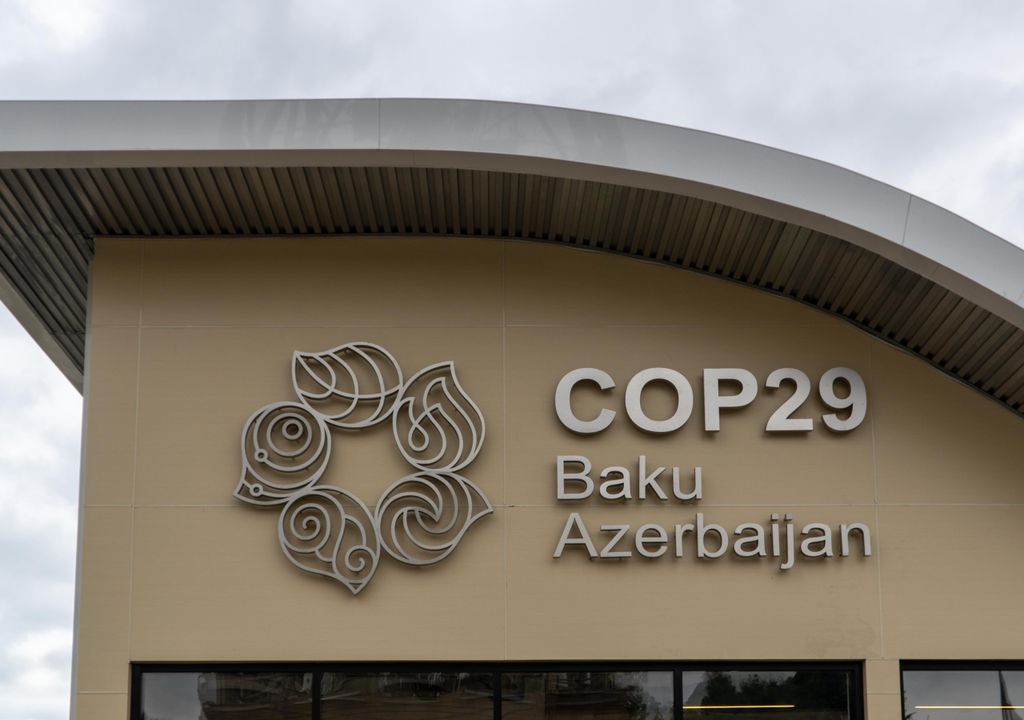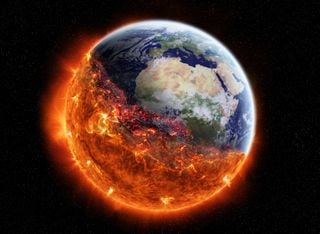The paradox of COP29 in Baku: third consecutive climate summit in a country addicted to fossils
COP29 is about to begin, discover everything you need to know about the most important climate conference of the year and what is expected from this crucial summit for the future of the planet.

Every year, leaders from almost 200 countries meet for a crucial meeting to decide the future of the planet. This meeting, known as the Conference of the Parties (COP), takes place in a context of growing climate urgency.
What is COP29?
The COP is an annual meeting organized under the United Nations Framework Convention on Climate Change. Since its first edition in 1995, it has been the main global forum for countries to negotiate and coordinate efforts against climate change.
The main objective is clear: stop the increase in global temperature and limit the impacts of climate change. To achieve this, the COP focuses on three main pillars:
- Mitigation: Reduce greenhouse gas emissions.
- Adaptation: Prepare for the effects of climate change.
- Financing: Mobilize resources to support the most vulnerable countries
Date and location of COP29
COP29, which will be held from November 11 to 22 in Baku, Azerbaijan, generates controversy for taking place, for the third consecutive year, in a country highly dependent on fossil fuels, after Dubai (COP28) and Egypt (COP27).

In Azerbaijan, oil and gas account for 90% of exports and 60% of state revenue, with state oil company Socar, a summit sponsor, leading gas export deals.
The leadership of Mukhtar Babayev, Minister of Ecology and former Socar executive, has drawn criticism for potential conflicts of interest, questioning the neutrality of this edition at a time that demands ambitious climate commitments.
Is the COP necessary?
The answer is a resounding yes, especially in a year like this. According to data from the Copernicus program, 2024 will almost certainly be the warmest year on record, with temperatures exceeding 1.5 degrees Celsius above pre-industrial levels for the first time.
Here is why 2024 is virtually certain be the warmest year on record and first one above 1.5°C pic.twitter.com/wxRVtwc9Ri
— Copernicus ECMWF (@CopernicusECMWF) November 8, 2024
This threshold, defined as critical in the Paris Agreement, is already translating into extreme phenomena such as droughts, heat waves and floods. The COPs, although imperfect, are the only space where countries, activists and experts can work together to stop this trend.
Have previous COPs been useful?
The results of the COPs have been mixed. Although they have generated advances such as the Paris Agreement (2015), which committed countries to limit global warming to less than 2 degrees, the implementation of the agreements has been slow and insufficient.
For example, developed countries promised to contribute $100 billion annually to help the most vulnerable adapt to climate change, but this goal has not been met.
Furthermore, current emissions reduction plans are far from what is necessary: a reduction of only 2.6% by 2030 compared to the 43% required according to science.
Main objectives of COP29
COP29 will have climate finance as its central axis, an issue that remains a priority due to the failure of rich countries to meet their commitment to provide $100 billion annually to support developing nations.
Another key point will be updating Nationally Determined Contributions, each country's climate action plans, which are currently insufficient to limit global warming to 1.5 degrees Celsius, as required by the Paris Agreement.
Likewise, strategies will be decided to address the loss and damage caused by the inevitable effects of climate change, a problem that disproportionately affects the most vulnerable countries.
In addition, this COP will review progress in the Warsaw International Mechanism and the Santiago Network, key tools to manage loss and damage caused by extreme events.








